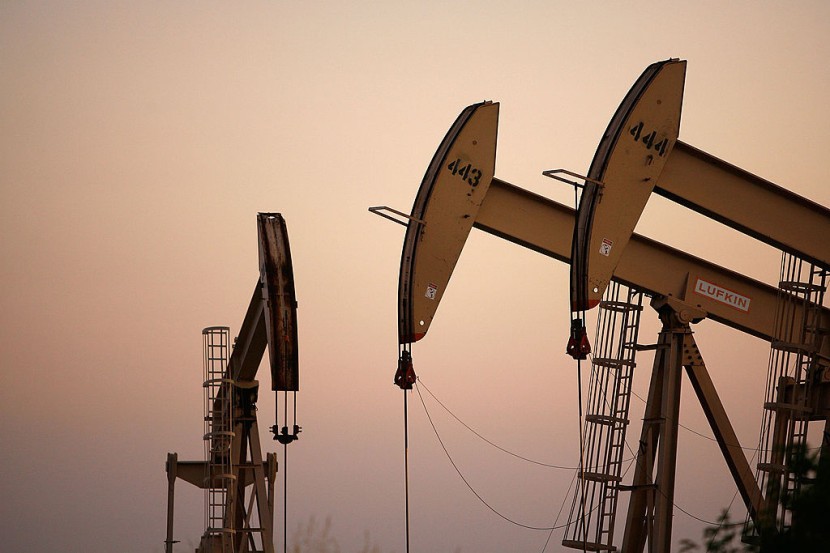
The United Nations (UN) has successfully drained a perilous floating time bomb oil tanker that had been adrift in the Red Sea for years.
The vessel, dubbed FSO Safer, had been abandoned off Yemen's coast in 2015 during the eruption of war, carrying over one million barrels of oil, according to BBC.
UN Safely Neutralizes 'Floating Time Bomb' Oil Tanker
Fears of an impending explosion or catastrophic spill due to the deteriorating condition of the tanker were widespread. The UN recently announced that it had averted an environmental disaster by safely removing the cargo from the FSO Safer.
The situation had remained precarious due to the potential for the vessel to explode or break apart, causing a massive oil spill that could have had severe ecological and health repercussions.
The success of this operation can be attributed to the UN's persistent efforts and international collaboration.
German Foreign Minister Annalena Baerbock emphasized the significance of this achievement, referring to it as the defusing of a floating time bomb and the prevention of a potentially catastrophic environmental and health crisis.
The operation was far from straightforward, as the deteriorating state of the FSO Safer posed multiple challenges. To address this, the UN led a fundraising campaign that raised $120 million. This funding was used to secure the decaying ship and finance the transfer of its oil cargo to a safer tanker.
The process of transferring the oil cargo spanned 18 days, taking place in a region known to have naval mines. The complexity and risk of the operation were magnified by the vessel's location near the Ras Isa oil terminal, controlled by Yemen's Houthi rebels.
This marked a notable achievement in navigating the challenges presented by the ongoing conflict between the Houthi rebels and a Saudi-led coalition.
The successful removal of the oil cargo has averted immediate disaster. However, the aftermath presents its own set of challenges.
Decontaminating and dismantling the FSO Safer is a formidable task that lies ahead. Additionally, the fate of the recovered oil, primarily owned by Yemeni state firm SEPOC, remains uncertain.
One key dilemma revolves around determining how profits from the oil's sale will be distributed among the warring factions.
UN development programme administrator Achim Steiner expressed the hope that the best outcome would be the sale of the oil and its complete removal from the region.
This sentiment underscores the importance of addressing the broader environmental and humanitarian concerns in tandem with economic considerations.
The FSO Safer, originally constructed in 1976, has a storied history. It was carrying more oil than was spilled in the infamous 1989 Exxon Valdez disaster.
The vessel, measuring 360 meters in length and featuring 34 storage tanks, had been anchored near the Ras Isa oil terminal, controlled by Yemen's Houthi movement, ABC News Reported.
Read Also: Maui Wildfire: Apple iPhone's Emergency SOS Satellite Feature Saves Family Surrounded by Flames
UN Welcomes Safe Release of Captive Staff in Yemen
Furthermore, the UN recently celebrated the safe release of five of its staff members who had been held captive by an al-Qaida branch in Yemen for 18 months.
The Secretary-General, Antonio Guterres, expressed immense relief at their release and called for those responsible to be held accountable.
While the details of the negotiation leading to their release were not disclosed, the UN commended Oman for its assistance. The organization adheres to a policy of not paying ransoms, as per VOA News.








